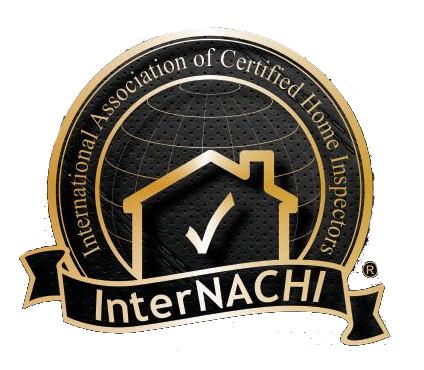When purchasing a home, most buyers focus on the structural aspects of the property, such as the foundation, roof, and walls. While these are undoubtedly crucial, one aspect that often gets overlooked is the home’s mechanical systems. Mechanical inspections play a vital role in ensuring the functionality and safety of a home’s various systems, including HVAC, plumbing, and electrical systems. Here, we will explore why a home mechanical inspection is essential and what you can expect from the process.
Why Mechanical Inspections Matter
- Safety Concerns: Mechanical systems are integral to the safety and comfort of your home. Faulty wiring can lead to electrical fires, malfunctioning HVAC systems can result in poor air quality or even carbon monoxide leaks, and plumbing issues can cause water damage and mold growth. A thorough mechanical inspection can identify these hazards before they become serious problems.
- Cost Savings: Discovering mechanical issues before finalizing a home purchase can save you significant money. Repairs or replacements of mechanical systems can be expensive, and negotiating these costs with the seller can lead to substantial savings. Additionally, a well-maintained mechanical system is more efficient, leading to lower utility bills.
- Longevity of Systems: Regular maintenance and timely repairs can extend the lifespan of your home’s mechanical systems. An inspection can provide insight into the current condition of these systems and what maintenance might be needed in the near future. This proactive approach helps avoid unexpected breakdowns and costly emergency repairs.
What Does a Mechanical Inspection Involve?
A home mechanical inspection covers several key areas, each critical to the home’s overall functionality and safety:
- HVAC System: The heating, ventilation, and air conditioning (HVAC) system is inspected for proper operation, potential leaks, and general wear and tear. The inspector will check the furnace, air conditioner, ductwork, and any related components to ensure they are functioning efficiently and safely.
- Plumbing System: This includes inspecting all visible pipes, fixtures, and fittings for leaks, corrosion, and proper function. The inspector will check water heaters, sump pumps, and other plumbing-related appliances. Proper water pressure and drainage are also evaluated.
- Electrical System: The electrical inspection involves examining the electrical panel, circuit breakers, wiring, outlets, and light fixtures. The inspector will look for outdated wiring, potential fire hazards, and compliance with local codes and standards. Grounding and bonding of electrical systems are also checked to ensure safety.
Preparing for a Mechanical Inspection
To ensure a smooth and thorough inspection, consider the following steps:
- Access to Systems: Make sure all areas where mechanical systems are located are accessible. This includes the attic, basement, utility rooms, and crawl spaces.
- Documentation: Provide any maintenance records or manuals for existing mechanical systems. This can help the inspector understand the history and condition of the systems.
- Ask Questions: Don’t hesitate to ask the inspector questions during or after the inspection. Understanding the state of your home’s mechanical systems is crucial, and a good inspector will be happy to explain their findings and recommendations.
Conclusion
A home mechanical inspection is an essential component of the home-buying process. It ensures that all mechanical systems are safe, efficient, and in good working order. By identifying potential issues early, you can save money, ensure the longevity of your systems, and, most importantly, keep your home safe and comfortable. Whether you are buying a new home or maintaining your current one, investing in a mechanical inspection is a smart decision.
For peace of mind and a comprehensive evaluation of your home’s mechanical systems, consider scheduling an inspection with a reputable home inspection company like Waldburgh Home Inspection. Our experienced inspectors are dedicated to providing you with detailed, accurate assessments to help you make informed decisions about your home.

